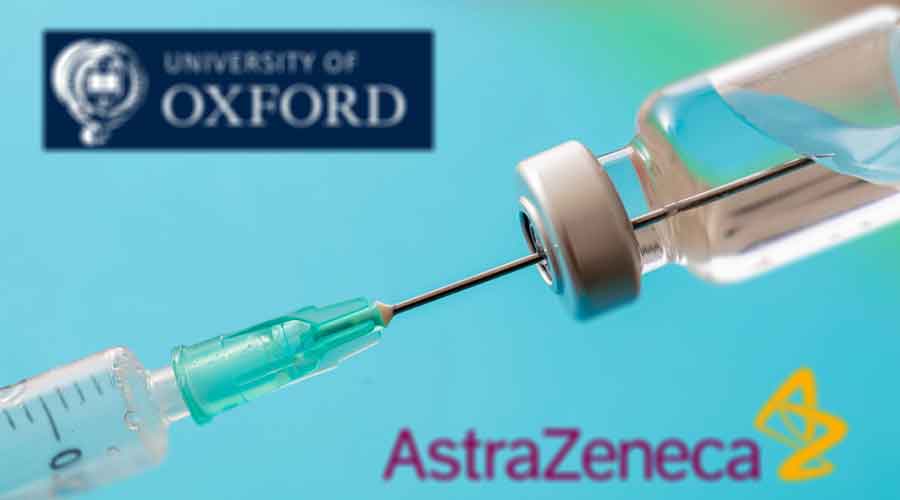British officials said on Friday people under 40 should be offered an alternative to Oxford/AstraZeneca’s Covid-19 vaccine where possible because of a small risk of blood clots, given the low number of cases and the availability of other shots.
AstraZeneca’s Covid-19 shot, developed by Oxford University, has resulted in reports of rare blood clots with low platelet levels that occur more commonly in younger adults. Some countries have advised the shot be given only to older people.
Officials emphasised the benign domestic conditions that provided the context for the decision, on the same day that Germany went the other direction and made the shot available to all adults who might want it.
The Joint Committee on Vaccination and Immunisation (JCVI) said the advice reflected low levels of Covid-19 infection in Britain and the availability of other vaccines made by Pfizer and Moderna.
Officials said Britain would still offer a first dose of Covid-19 vaccine to all adults by the end of July, and emphasised it was better for people in the age group to receive AstraZeneca’s shot if no other one was available.
“As Covid-19 rates continue to come under control, we are advising that adults aged 18-39 years with no underlying health conditions are offered an alternative to the Oxford/AstraZeneca vaccine, if available and if it does not cause delays in having the vaccine,” said Wei Shen Lim, Covid-19 Chair for JCVI.
“The advice is specific to circumstances in the UK at this time and maximises use of the wide portfolio of vaccines available.” Previously, advice was only for people under 30 to be offered an alternative vaccine. The British MHRA regulator has found an incidence of 17.4 clots per million doses of the vaccine among 30 to 39 year olds, compared with 10.5 clots per million doses overall.
There have been 4.5 deaths per million doses for the 30 to 39 year olds, compared to 2.1 deaths from the clots per million doses reported overall.
June Raine, MHRA chief executive, said the benefits of the AstraZeneca vaccine “continue to outweigh the risks for the vast majority of people”.
“The balance of benefits and risks is very favourable for older people, but is more finely balanced for younger people.” Jonathan Van-Tam, England’s deputy Chief Medical Officer, said it was important for people to continue to get vaccinated.











